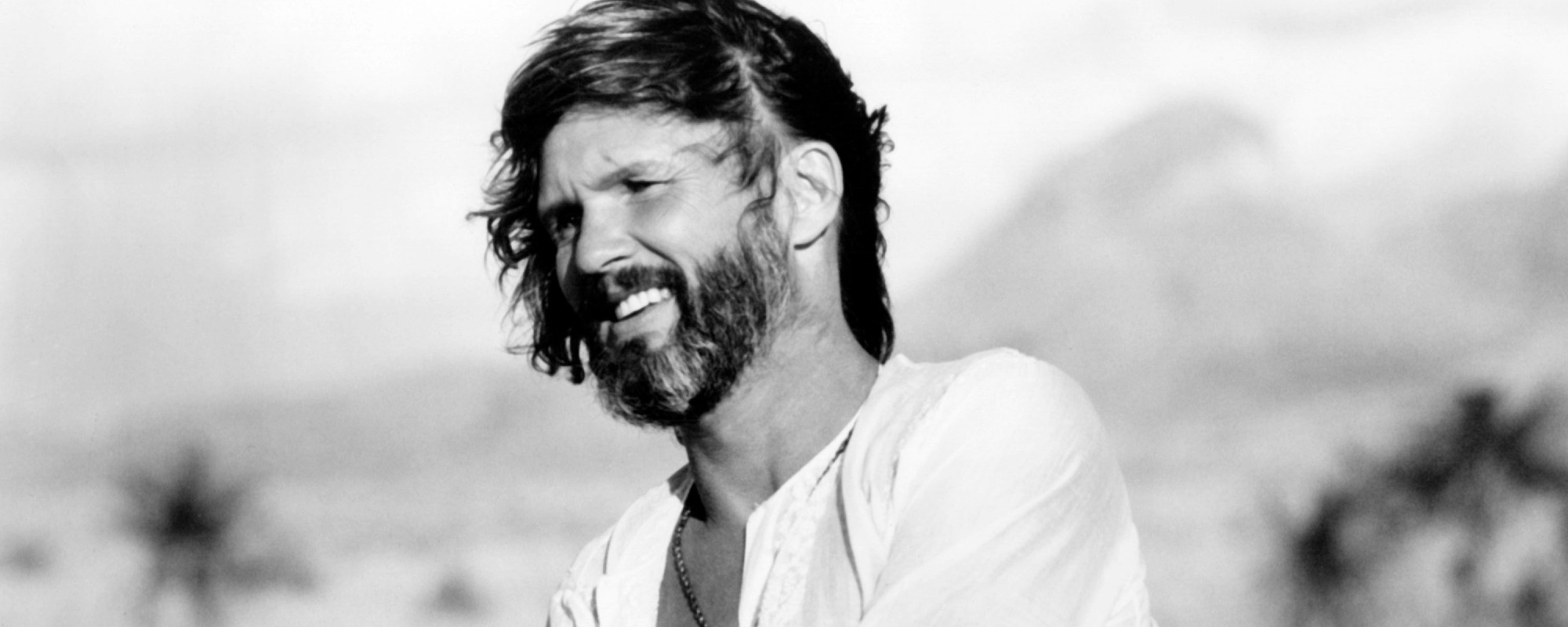Willie Nelson might be one of the most prominent figures in country music history, but when he bought his iconic guitar, Trigger, he was trying to emulate a jazz icon known for his swinging, lightning-fast solos on his own signature Selmer acoustic. Nelson was trying to keep his head above water in the Nashville songwriter scene at the time, and Music City had dealt him another crushing blow when a drunk patron stepped on Nelson’s guitar while the band was on break, destroying the country singer’s only instrument.
Videos by American Songwriter
Luckily, he had a pal in Shot Jackson, a local dobro and steel player, who tipped Nelson off to a possible replacement for his axe. Some people will search for the perfect guitar tone for years. Nelson got it the first time he ever played the guitar he would name Trigger.
A Country Singer Who Fell In Love With Jazz
When it comes to lead guitar playing, virtually all roads lead back to Django Reinhardt. The Romani jazz player has inspired countless guitarists, including most of your favorites in the world of folk, country, rock, and, of course, Reinhardt’s signature, jazz. If a guitarist is looking into how to become a better lead player, there’s a good chance they looked to Reinhardt for inspiration. Willie Nelson was no exception, going so far as to say “no other musician has had a greater influence on me” in Me and Sister Bobbie.
“Some local guys who fought in World War II in France, where Django gained his fame, brought back his records,” Nelson continued. “They knocked me clean off my feet. He had a style all his own. It was swing, it was jazz, but it was also something I’d never heard before. I felt like his guitar was talking to me. Django filled every song he played, even sad songs, with pure joy. His songs were like little short stories. Then, when I heard Django’s personal story, he became like a folk hero to me.”
Indeed, Reinhardt’s survival story is as inspiring to guitarists as his actual playing. In 1928, the Romani wagon where Reinhardt was sleeping with his wife burst into flames. He escaped but not without severe injury. His legs were so badly burned that the doctors recommended he amputate his right one, which Reinhardt refused to do. His ring and pinky fingers on his left hand had also been burned to the point of paralysis, leading him to create his signature two-finger solo style. Nelson’s harmonica player, Mickey Raphael, recalled the country singer saying, “If [Django] can do this with two or three fingers, I oughta be able to do it with five.”
Willie Nelson Wanted His Guitar To Emulate Django Reinhardt
Django Reinhardt inspired Willie Nelson in more ways than one. His swift solo dexterity, sensitive musicality, and determination to overcome the odds for the sake of making music all became goals to which Nelson tried to aspire. But as any guitarist can attest, tone played a big part in it, too. Nelson immediately fell in love with the plucky sound of Reinhardt’s signature Selmer acoustic guitar. He had found a decent comparison in his first guitar, which the drunk bar patron smashed one night in Nashville. After that, he was out of luck until Shot Jackson got him on the phone.
“[He] called me and said, ‘I got you a guitar that you’re gonna like,’” Nelson recalled in a 2021 Tidal interview. “‘It’ll cost you $750. But I guarantee you that you will like the tone on it.’ Because he knew what I was looking for. I bought the guitar sight unseen. I had just spent $750 for a ropin’ horse. So, I figured if I could spend it on that, I could spend it on this.” The guitar in question was a Martin N-20 nylon-string classical acoustic guitar, and Jackson was right.
“It was a pleasant surprise,” Nelson said in a 2015 Rolling Stone interview. He said that compared to his destroyed Baldwin, the Martin “had a little more Django in it. That’s really what I was striving for, that tone that Django got. His method of playing, the tone, the speed, was incredible. I think he was the best guitar player ever.”
Photo by Ilpo Musto/Shutterstock











Leave a Reply
Only members can comment. Become a member. Already a member? Log in.